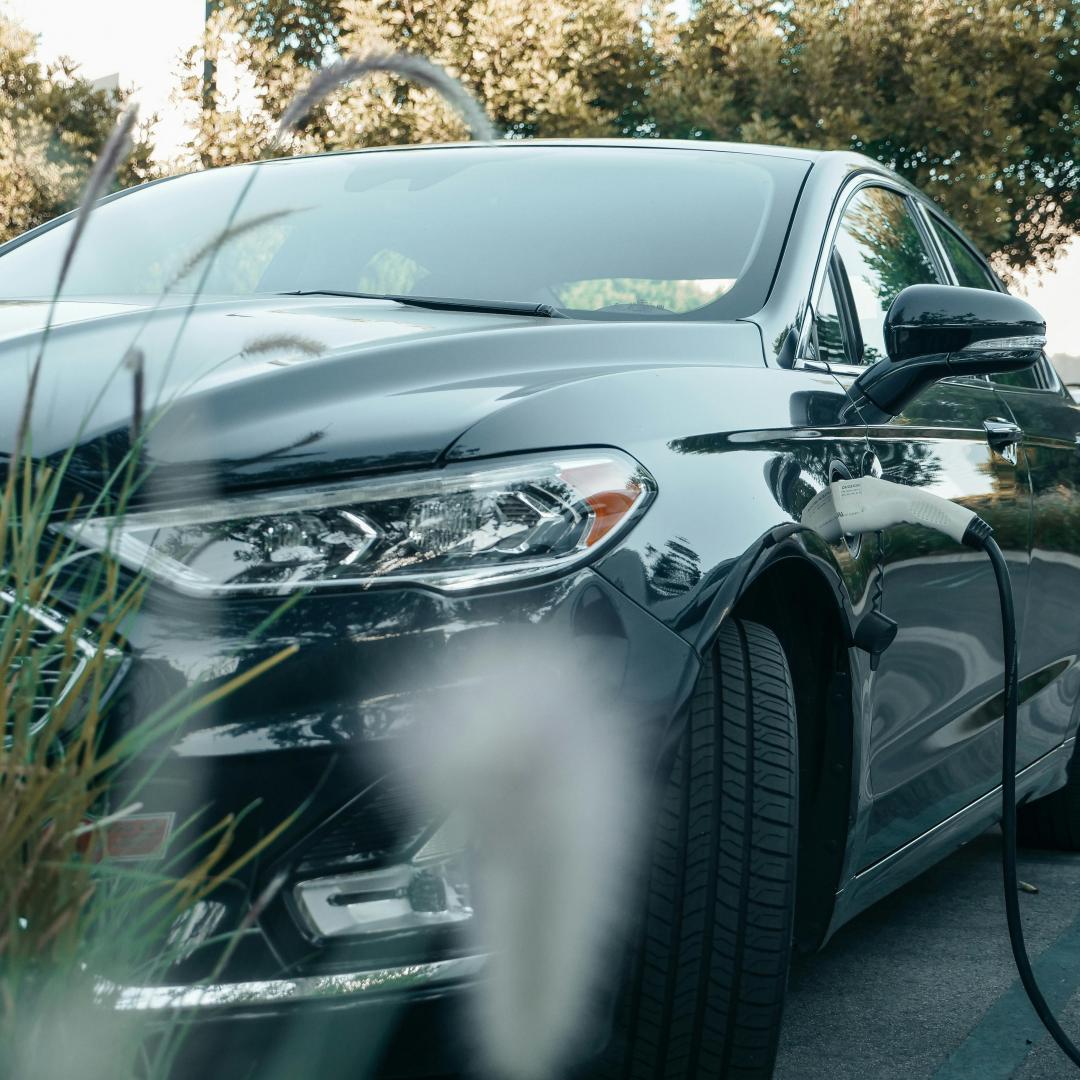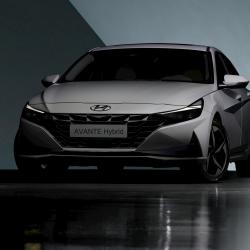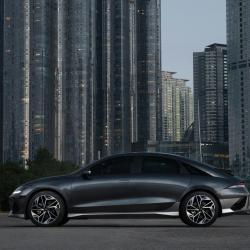Electric vs. Hybrid vs. Gas: Which Car is Best for You?
As the automotive landscape evolves, car buyers face an increasingly complex decision-making process that goes beyond just choosing the make and model. The rise of alternative fuel vehicles, driven by environmental concerns and technological advancements, has led to the proliferation of electric and hybrid cars alongside traditional gasoline-powered vehicles. Each type of vehicle comes with its own set of advantages and trade-offs, catering to diverse needs and preferences. This article serves as a guide to help you determine which car is best suited for you: electric, hybrid, or gas.
Electric Vehicles (EVs): A Glimpse into the Future
Electric vehicles are powered entirely by electricity, offering an emissions-free driving experience. The most apparent benefit of EVs is their environmental credentials. By eliminating tailpipe emissions, they significantly reduce an individual's carbon footprint. Additionally, electric motors provide instant torque, resulting in smooth acceleration and a quieter ride. Another advantage of EVs is the lower cost of operation, attributed to cheaper electricity rates compared to gasoline and reduced maintenance needs due to fewer moving parts.
However, potential electric vehicle buyers must consider battery range and charging infrastructure. While some models now offer ranges comparable to traditional cars, "range anxiety"—the fear of running out of battery power—remains a concern, especially for long-distance travel. Charging stations are becoming more widespread, but availability can still be limited in certain regions. Home charging is convenient, if somewhat slow, and it requires the installation of a compatible charging setup.
Hybrid Vehicles: Balancing Act
Hybrids combine a gasoline engine with an electric motor, utilizing both power sources to enhance efficiency. The engine and motor switch seamlessly, capitalizing on regenerative braking and energy recapture to maximize fuel economy. This results in fewer emissions compared to conventional cars and reduced fuel consumption, making them an excellent choice for eco-conscious drivers who aren't ready to commit to full electrification.
Hybrids often come with a smaller price premium compared to fully electric vehicles, and they don’t require dedicated charging infrastructure, as they refuel like traditional cars. That said, their electric-only range is limited, and they rely on the combustion engine for extended journeys. While they offer a taste of cleaner driving, hybrids still depend on fossil fuels, which may not align with the goals of those seeking to minimize their environmental impact.
Gasoline-Powered Cars: Tried and True
Despite the growing push for renewable energy, gasoline-powered vehicles remain dominant due to their familiarity, infrastructure, and often lower upfront cost. They are typically more affordable than their electric and hybrid counterparts and offer a broad range of vehicle types, sizes, and performance options. Gas cars provide unmatched convenience for long-distance travel, with a well-established network of refueling stations ensuring they never have to worry about range limitations.
However, gas-powered cars are less efficient and produce the highest emissions of greenhouse gases and pollutants. With fuel prices subject to fluctuation and increasingly stringent environmental regulations, traditional vehicles might see rising costs and restrictions in the future.
Making the Decision: What Suits You Best?
Choosing between electric, hybrid, and gasoline vehicles depends on your priorities, lifestyle, and driving habits. Consider the following factors to aid your decision:
-
Environmental Impact: If reducing emissions is a top priority, electric vehicles offer the best solution, followed by hybrids as a compromise.
-
Driving Habits: For those with predictable daily commutes and access to charging facilities, EVs can be an ideal fit. Long-distance and rural drivers might favor hybrids or gasoline models due to better range and refueling options.
-
Budget: Evaluate upfront costs against long-term savings. While EVs may have higher initial prices, incentives and reduced running costs might offset this over time.
-
Convenience: Consider infrastructure availability in your area. If public and home charging isn't feasible, hybrids or gas vehicles might be more practical.
As the auto industry continues its shift towards sustainability, the future will likely bring more choices and technological advancements that push the envelope of what these vehicle types can offer. Ultimately, the best car for you is the one that aligns with your personal, environmental, and financial goals.





















